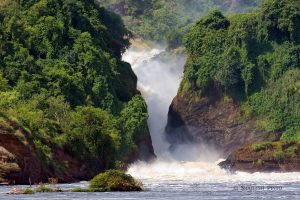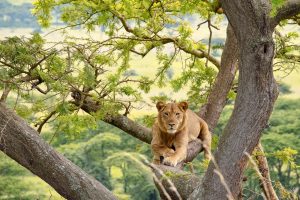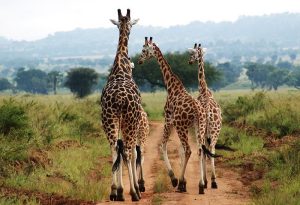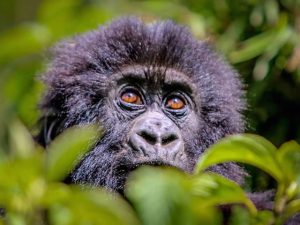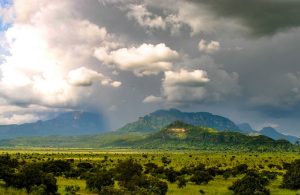Uganda’s history is rich and complex, with archaeological evidence suggesting human habitation dating back tens of thousands of years. The region has been home to various kingdoms and chiefdoms, including the powerful Buganda Kingdom, which exerted significant influence over neighboring territories.
Colonization by the British in the late 19th century profoundly impacted Uganda’s trajectory, shaping its political, social, and economic structures. Independence was achieved in 1962, followed by periods of political instability, including the authoritarian rule of Idi Amin in the 1970s and the subsequent civil conflicts.
In recent decades, Uganda has made significant strides in stabilizing its governance and economy, fostering a climate conducive to tourism and development. Efforts to preserve cultural heritage and promote sustainable tourism have gained momentum, ensuring that Uganda’s rich history and natural beauty continue to be celebrated and cherished by visitors and locals alike.
Uganda’s Culture
Uganda’s cultural tapestry is incredibly diverse, with over 50 distinct ethnic groups, each contributing its own traditions, languages, music, and cuisine to the country’s vibrant cultural landscape. The Baganda, Banyankole, Basoga, and Acholi are among the largest ethnic groups, each with its unique customs and practices.
Music and dance play a central role in Ugandan culture, with traditional instruments like drums, xylophones, and harps accompanying lively performances that reflect the rhythms of daily life and ceremonial occasions. Traditional attire varies across regions, with colorful fabrics and intricate beadwork often featuring prominently.
Hospitality is a cornerstone of Ugandan culture, with visitors warmly welcomed and invited to partake in communal activities such as shared meals and storytelling sessions. Respect for elders and a strong sense of community are deeply ingrained values that contribute to the country’s sense of unity and cohesion.
Tourism in Uganda
Uganda, known as the “Pearl of Africa,” boasts diverse and breathtaking landscapes, making it a prime destination for nature lovers and adventure seekers alike. One of its most famous attractions is the majestic Bwindi Impenetrable National Park, home to nearly half of the world’s mountain gorilla population, offering visitors a unique opportunity for gorilla trekking. Additionally, Queen Elizabeth National Park, Murchison Falls National Park, and Kidepo Valley National Park showcase Uganda’s rich biodiversity, including the Big Five and numerous bird species.
The country’s natural wonders extend beyond its national parks, with stunning attractions like the Rwenzori Mountains, the source of the Nile River at Jinja, and the picturesque Lake Victoria, the largest lake in Africa. Cultural experiences abound in Uganda, from vibrant traditional dances and ceremonies to immersive village visits, allowing travelers to connect with local communities and learn about their customs and way of life.



